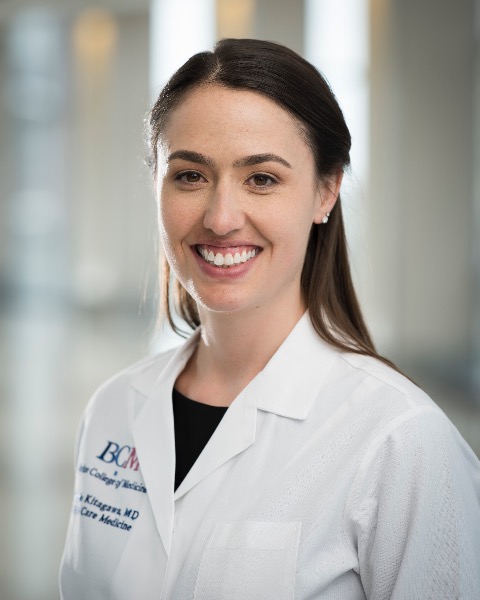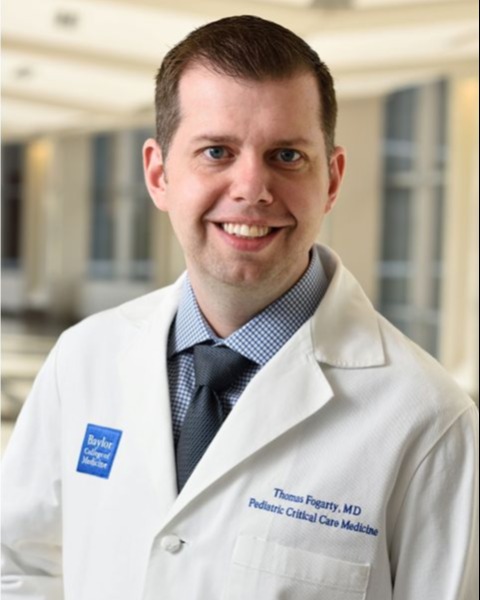The Influence of Caregiver Social Determinants of Health on New Tracheostomy Education in Children
-

Melanie Kitagawa, MD, MHA
Baylor College of Medicine/ Texas Childrens Hospital
Houston, TexasDisclosure information not submitted.
-
DG
Danielle Guffey, MS
Mrs.
Baylor College of Medicine, United StatesDisclosure information not submitted.
-

Thomas Fogarty, III, MD
Assistant Professor
Texas Children's Hospital and Baylor College of Medicine
Houston, Texas, United StatesDisclosure information not submitted.
-
KR
Kevin Roy, MD
Associate Professor
Texas Childrens Hospital, United StatesDisclosure information not submitted.
First Author(s)
Co-Author(s)
Title: The Influence of Caregiver Social Determinants of Health on New Tracheostomy Education in Children
Introduction: Children with special healthcare needs have a higher risk of negative health outcomes related to social determinants of health (SDOH). Children with a new tracheostomy often experience discharge delays due to caregiver social challenges. We hypothesize that caregivers who have higher rates of unmet SDOH needs experience a prolonged hospital admission and new tracheostomy education time.
Methods: We did a retrospective chart review of patients admitted to TCH from June 2018 to June 2020 with a new tracheostomy. We included patients under the age of 25 years old whose caregivers completed our TCH tracheostomy education program in our Transitional Intensive Care Unit (TICU). We collected patient and caregiver characteristics along with 8 markers of SDOH which were summarized using median with 25th and 75th percentiles, and frequency with percentage. Independent and multivariable quantile regression assesses the association between characteristics and LOS. All analyses are performed using Stata v15.
Results: We included 102 patients in our study. The study cohort had a median hospital LOS of 124 days, a median TICU LOS of 51 days and a median education period of 50 days. For the fathers, 85% were employed while 33% of mothers were employed. This cohort lives in counties with high rates of severe housing problems and children are living in poverty. Most families requested parking assistance (75%) and assistance with food acquisition (68%) during the hospitalization. Of the caregivers, 26% had previous involvement with child protective services (CPS), 29% had legal issues, and 23% had mental health history. Caregivers within the cohort had an average of 3.2 markers of unmet SDOH needs. The median TICU LOS is longer with increasing unmet SDOH needs. The TICU LOS is also higher for caregivers who requested a transportation voucher, had legal issues, and had CPS involvement. TICU LOS is higher for Blacks compared to Whites. Median education period was longer with CPS involvement. As PIM3 increases the median education period increases.
Conclusions: Caregivers who have a child with a new tracheostomy are affected by their individual and community SDOHs. Beginning to better address the needs of caregivers to improve their SDOH may lead to shorter LOS and time for education for children with new tracheostomies.
